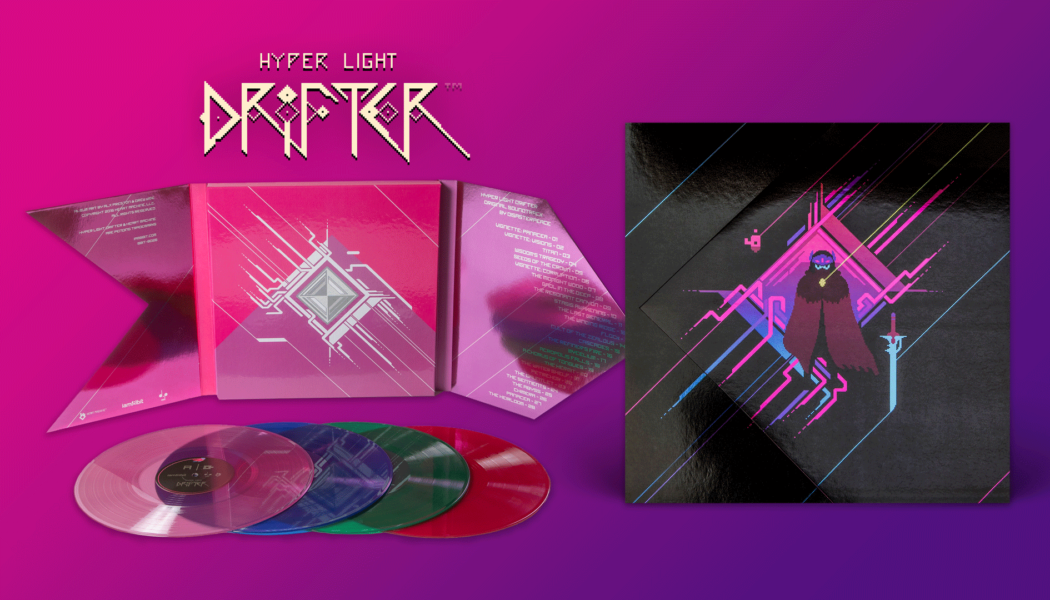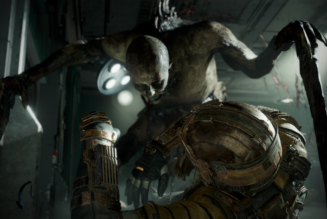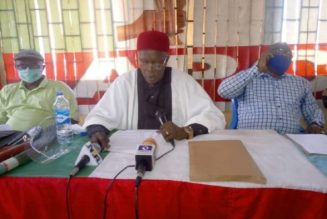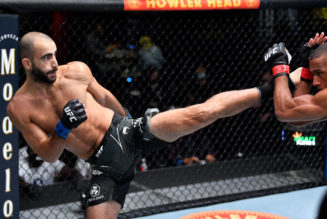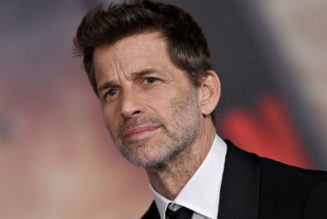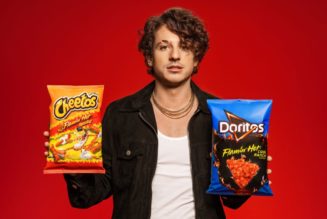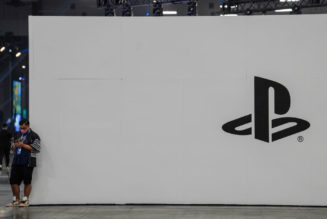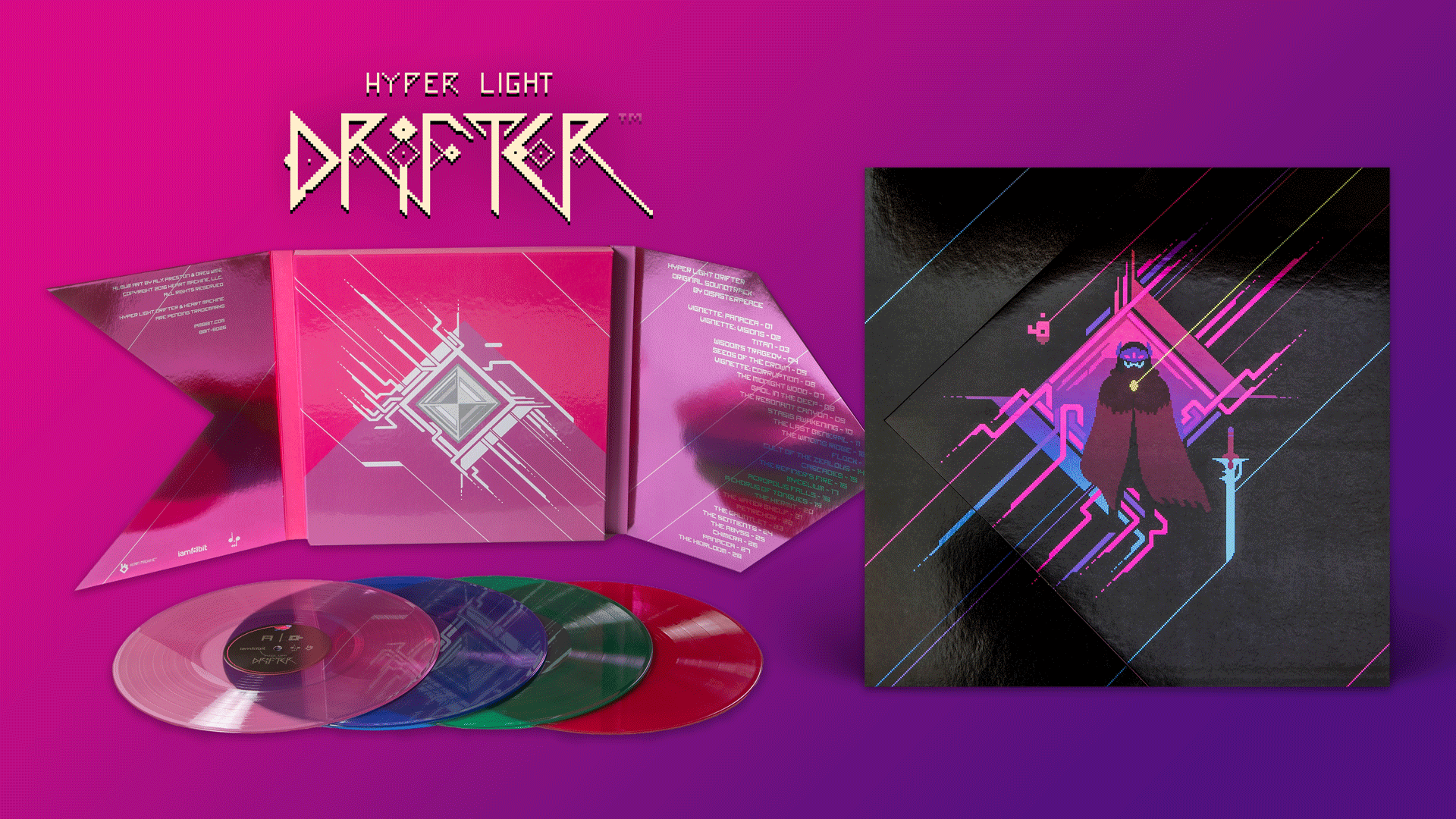
On March 31, 2016, times were simpler. Obama was president. Harambe was alive. Global pandemics were reserved for sci-fi movies. Things were generally going pretty well.
To make things even better, that was the day when developer and creative director Alx Preston of Heart Machine released Hyper Light Drifter into the world. An acclaimed and refreshing indie title that paid tribute to classic 16-bit action RPGs, Hyper Light Drifter became an immediate fan favorite and award winner for a number of reasons — particularly the unique and unforgettable score that was equal parts nostalgic and futuristic.
Richard Vreeland (better known as Disasterpeace) was the one behind the now-iconic soundtrack, which soon became one of the most sought-after vinyls in the entire industry. At the time, Vreeland was already somewhat of a known commodity due to his work on video games such as Fez, movies like It Follows, and the largely diverse and experimental albums, EPs, and singles he’d put out as an artist away from soundtracks.
Now, not only is iam8bit re-releasing the Hyper Light Drifter soundtrack for the first time in a long time, but Heart Machine and Disasterpeace are also teaming up once again for next month’s Solar Ash.
Although Vreeland is keeping himself busy these days with a number of projects beyond Solar Ash (including another EP of Hyper Light Drifter music that’s coming with the official board game, a short film called Marcel the Shell with Shoes On, and a game called Paradise Marsh), he spoke with SPIN about both of the titles on which he’s partnered with Preston.
[embedded content][embedded content]
SPIN: Five years later, what’s it like to look back on the soundtrack of Hyper Light Drifter and see how much it means to people?
Richard Vreeland: It’s honestly amazing. It was quite difficult, but I’m really proud of the work we did. I’ve heard from many people over the years about how the game and the music have impacted them. I’ve seen lots of awesome fan art, heard lots of wonderful renditions of the soundtrack by fans — the cultural exchange you can have after a project comes out is one of my favorite parts of being an artist. The things you make can take on a life of their own and have an extended impact that goes far beyond what you could ever imagine, and I just can’t say enough good things about that.
How would you describe the creative relationship you have with Alx when it comes to scoring the Heart Machine games?
As creative collaborators, Alx and I have been through quite a lot together. We’ve worked together in some capacity for the last 8+ years, and I have a great deal of love, respect and admiration for him. I think it’s fair to say that both of our lives have changed quite dramatically over that period of time, and the nature of our working relationship has as well. As Heart Machine has grown from a handful of folks into a fully fledged studio, creatively we’ve begun to move in somewhat different directions. I always find myself trying to work my way back towards smaller, simpler projects with just a handful of new or old friends, hacking away at something cool. Those are the conditions under which I thrive.
With Solar Ash due out next month, what should people expect from the game and its soundtrack?
The game is sprawling and surreal. It’s kind of crazy that it managed to happen at all, when you consider that we went from making a small pixel art action game to something so ambitious and out there. There were many roadblocks, and it took many years to get it to a good spot, but I think it turned out really great — and it’s a lot of fun to play. The initial plan was that I would write the soundtrack, but after taking numerous cracks at it, it never really felt right for me personally for some reason. It’s a hard thing to quantify, but I was always more motivated to build the audio technology that would help bring the world of the game to life. Alx was more than patient with me as I went through various significant life events which also impacted my motivation and desire to write music. Ultimately, I brought in my colleague Troupe Gammage IV to lead the audio team, and he has also done an incredible job writing the lion’s share of the score. We also had great contributions from Joel Corelitz and Sky Liu, and I managed to sneak in a few minor contributions here and there too.
How different was the creative process working on Solar Ash compared to Hyper Light Drifter?
From my standpoint, the through line on these projects has been a willingness to dive into truly ambiguous depths looking for diamonds. It was just a tad easier on Hyper Light Drifter, to be sure, because the boundaries of that project were a bit easier to understand. But both were truly difficult from a creative standpoint. It’s really hard to tell a good story when you’re also trying to infuse the experience with lots of novelty and otherworldliness. But I think we’ve mostly managed it.
Has there ever been a moment in which you realized that working with Alx wasn’t just going to be a one-time thing, but a long-standing partnership?
When Alx pitched me Solar Ash, I was on the fence about making a multi-year commitment to another project. But the idea of moving fast in a big weird space, climbing giant monsters, and doing it all in 3D with someone I felt very comfortable working with definitely put me over the edge. Things didn’t work out at all the way I’d expected, but I’m extremely grateful for the experience, and I’ve learned quite a lot in the process about my own strengths and limitations. In all likelihood I think we will go our separate ways creatively for a while, but my door is always open to another collaboration — or just hanging out, honestly.
With the Hyper Light Drifter vinyl finally being released again, does it surprise you that there’s still so much of an appetite for the soundtrack?
It’s hard to be subjective about it, but I think we made a game with a very personal story that has a very unique score. Sometimes you strike a nerve, and the stories live on for a long time — well beyond when you’d expect them to wither and be forgotten. It’s hard to say why that is, but I think we made a great little game.
Do you think the soundtrack’s longstanding popularity says something about how people view video game scores these days?
Maybe the perception of video game soundtracks has changed from the outside looking in. When I was 18, I made a mock SPIN cover for a graphic design class assignment, so if you told me I’d be doing this interview all these years later — about video games no less — I don’t think I would have believed you. For the record, it featured Tortoise and Mastodon, two of my favorite bands at the time. I find that a lot of musicians talk about working in games as if it’s this mythical, unattainable, “someday” type of thing. The technical challenges can be amplified a bit, but otherwise it’s not all that different. The biggest difference, honestly, may be the level of willingness you need to accept rejection and criticism, because you often have to fail your way up to the finished result.
